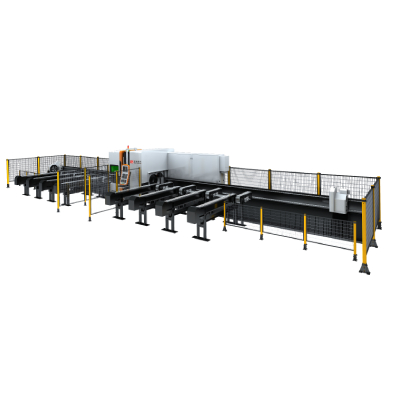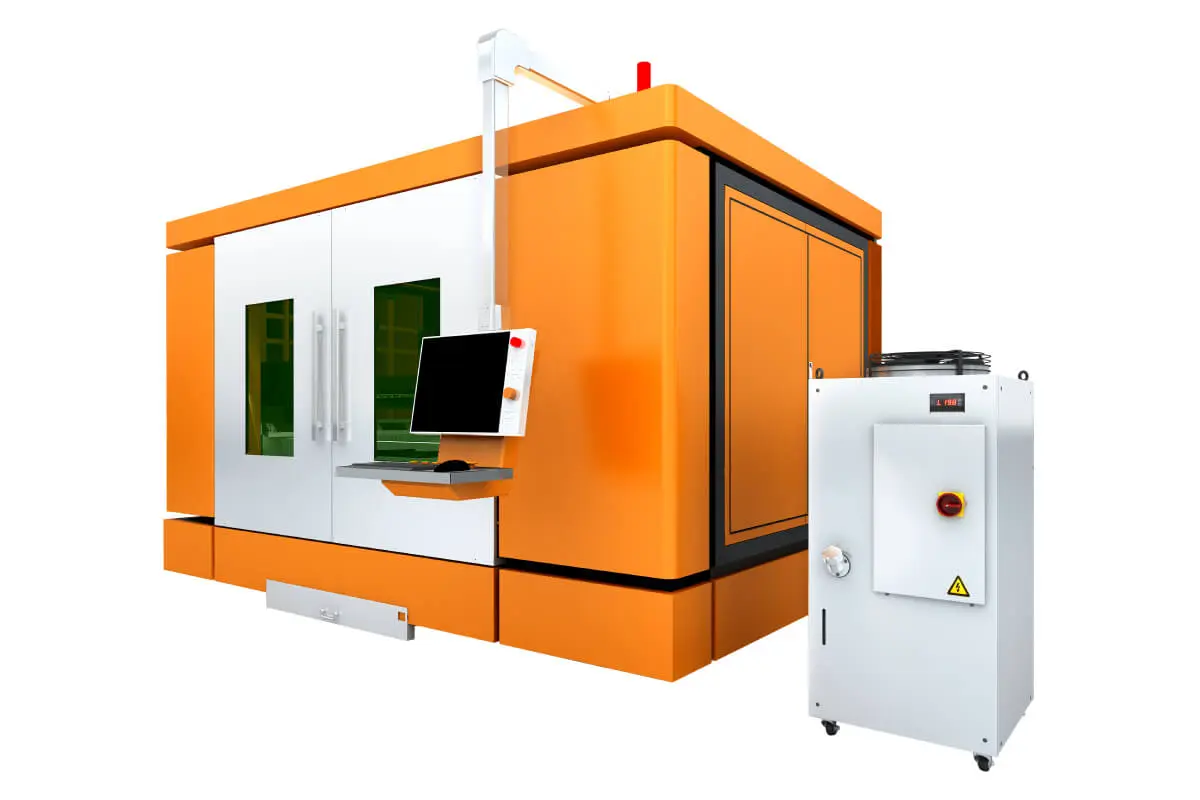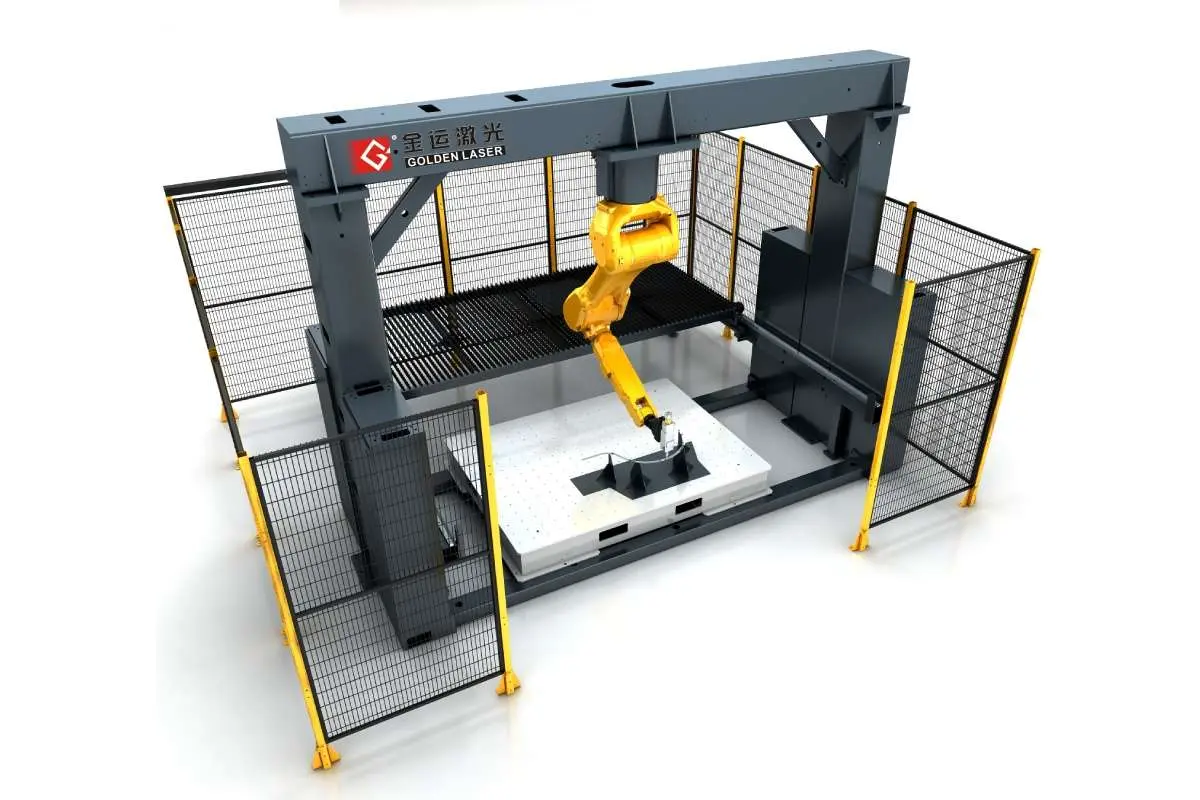In the fast-paced world of manufacturing, efficiency and precision are paramount. One technology that has rapidly gained traction is the Metal Cutting Fiber Laser Machine, known for its unparalleled speed and accuracy in cutting various metals. As industries face increasing demands for higher production rates and lower operational costs, these machines have become essential tools, revolutionizing the way manufacturers approach metal fabrication. In this article, we will explore the advantages, applications, and innovations associated with Metal Cutting Fiber Laser Machines, providing a comprehensive overview of their significance in contemporary manufacturing.
**The Technology Behind Metal Cutting Fiber Lasers**
Metal Cutting Fiber Laser Machines utilize a fiber laser, which generates a high-intensity beam of light through fiber optic cables. This technology stands out from traditional CO2 lasers due to its efficiency, compactness, and ability to cut through thicker materials. Fiber lasers produce a wavelength that is better absorbed by metals, resulting in cleaner cuts and reduced heat-affected zones (HAZ).
The core components of these machines include a laser source, optics, a cutting head, and advanced motion control systems. The integration of cutting-edge CNC (computer numerical control) technology allows for intricate designs and shapes, ensuring precision in every cut. As a result, manufacturers can achieve tight tolerances necessary for today’s complex applications.
**Advantages of Metal Cutting Fiber Laser Machines**
1. **Speed and Efficiency**: Fiber laser cutting is significantly faster than traditional methods, markedly reducing production time. This efficiency translates to higher output and lower costs, making it a vital asset for competitive manufacturing environments.
2. **Precision and Quality**: The focus and control provided by fiber lasers enable the execution of intricate designs with exceptional precision. The process produces minimal waste material and clean edges, reducing the need for additional finishing processes.
3. **Versatility**: Metal Cutting Fiber Laser Machines can effectively cut a wide range of metals, including stainless steel, aluminum, brass, and copper. This versatility makes them ideal for various industries, from automotive to aerospace and beyond.
4. **Lower Maintenance Costs**: Fiber lasers require less maintenance compared to CO2 lasers, primarily due to the absence of mirrors. This reduction in maintenance time and costs contributes to overall operational efficiency.
5. **Energy Efficiency**: Fiber lasers are designed to be more energy-efficient than their counterparts. Their lower energy consumption not only contributes to reduced operating costs but also minimizes their environmental impact, aligning with the global push towards sustainable manufacturing.
**Applications of Metal Cutting Fiber Laser Machines**
Given their numerous advantages, Metal Cutting Fiber Laser Machines find applications across diverse industries, including:
– **Automotive Manufacturing**: Used for cutting body panels, frames, and components, fiber lasers enhance production efficiency by enabling rapid prototyping and customization.

Exploring the Advantages, Applications, and Innovations of Metal Cutting Fiber Laser Machines in Modern Manufacturing

Exploring the Advantages, Applications, and Innovations of Metal Cutting Fiber Laser Machines in Modern Manufacturing
– **Aerospace Industry**: The aerospace sector relies on the precision of fiber lasers to manufacture lightweight, high-strength components that meet stringent safety regulations.
– **Construction and Architecture**: Fiber lasers contribute to the fabrication of intricate architectural designs and structural components, allowing for innovative construction techniques.
– **Electronics**: Precision cutting and engraving of metallic parts in electronic devices necessitate fiber laser technology, providing both accuracy and rapid turnaround times.
– **Signage and Artwork**: Creative industries utilize fiber lasers for intricate designs and lettering on various metals, enhancing the aesthetic appeal of signage and art installations.
**Innovations in Metal Cutting Fiber Laser Machines**

Exploring the Advantages, Applications, and Innovations of Metal Cutting Fiber Laser Machines in Modern Manufacturing
The evolution of Metal Cutting Fiber Laser Machines is characterized by ongoing innovations aimed at improving capabilities and expanding applications. Recent advancements include:
– **Automation and Robotics**: The integration of robotic systems with fiber laser cutting machines increases automation and productivity, enabling manufacturers to streamline workflows and reduce labor costs.
– **AI and Machine Learning**: The application of artificial intelligence and machine learning algorithms enhances cutting processes, optimizing settings for specific materials and improving cut quality based on real-time data.
– **Hybrid Technologies**: Combining fiber lasers with other cutting technologies, such as plasma or waterjet cutting, allows manufacturers to tackle a wider array of materials and thicknesses, further enhancing versatility.
In conclusion, Metal Cutting Fiber Laser Machines represent a transformative force in modern manufacturing, offering superior speed, precision, and adaptability across a spectrum of applications. As technology continues to advance, these machines will undoubtedly play an increasingly central role in meeting the evolving demands of various industries, paving the way for a more efficient and innovative manufacturing landscape. Embracing this technology will be crucial for manufacturers aiming to stay competitive in an ever-changing global market. With Rotary Device



